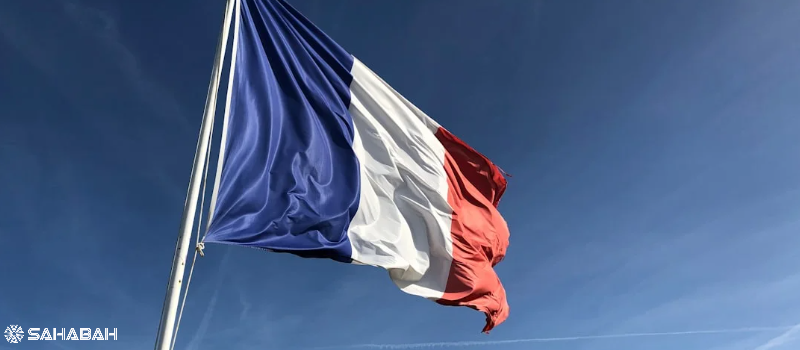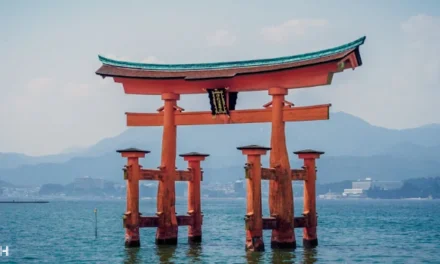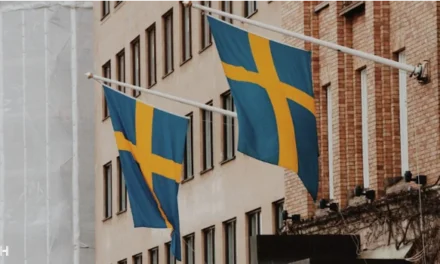Examining the Relationship Between France and Israel
France’s relationship with Israel has been complex and multifaceted, marked by both periods of close cooperation and moments of tension. As a key player in the Middle East, France’s stance on the Israeli-Palestinian conflict has significant implications for the region and beyond.
In this comprehensive blog post, we will delve into the historical context, current dynamics, and future prospects of France’s support for Israel. We’ll explore the factors that have shaped France’s policies, the controversies that have arisen, and the practical considerations for individuals and businesses navigating this intricate relationship.
France’s Historical Stance on the Israeli-Palestinian Conflict
France’s involvement in the creation of the state of Israel dates back to the post-World War II era. As a member of the United Nations, France played a role in the 1947 partition plan that led to the establishment of Israel in 1948. However, France’s policies towards Israel have evolved over the decades, reflecting the shifting geopolitical landscape and domestic political considerations.
During the 1950s and 1960s, France maintained relatively close ties with Israel, even providing military assistance during the 1956 Suez Crisis and the 1967 Six-Day War. However, in the aftermath of the 1967 conflict, France’s stance began to shift, with the government adopting a more balanced approach and calling for a peaceful resolution to the Israeli-Palestinian conflict.
The 1970s and 1980s saw France’s policies become increasingly critical of Israel’s occupation of the Palestinian territories, with the country often siding with the Arab nations in international forums. This shift was influenced by a range of factors, including the growing influence of the pro-Palestinian movement within French society and the desire to maintain positive relations with the Arab world.
The Impact of French Public Opinion
The French public’s perception of the Israeli-Palestinian conflict has also played a significant role in shaping the government’s stance. Over the years, French public opinion has been divided on the issue, with some segments of the population strongly supportive of Israel and others more sympathetic to the Palestinian cause.
This division has been reflected in the policies of successive French governments, as they have sought to balance the interests of the country’s Jewish and Muslim communities, as well as the broader geopolitical considerations. The rise of anti-Semitism and concerns over the security of the French Jewish community have also been factors in the government’s approach.
Current French Support for Israel
Despite the complexities and tensions that have characterized the France-Israel relationship, the two countries maintain significant economic, diplomatic, and security ties. France is one of Israel’s largest trading partners within the European Union, and the two countries cooperate closely on a range of issues, including counterterrorism and defense.
In recent years, France has also played a role in mediating between Israel and the Palestinian Authority, with President Emmanuel Macron and other French officials engaging in shuttle diplomacy and advocating for a two-state solution to the conflict.
France’s Position on Key Issues
France’s stance on specific issues related to Israel and the Palestinian territories has been nuanced and at times, controversial. The country has been critical of Israel’s settlement expansion in the West Bank, calling for a halt to such activities. France has also been a vocal supporter of the Palestinian right to self-determination and has advocated for the establishment of a viable Palestinian state.
At the same time, France has consistently reaffirmed Israel’s right to exist and defend itself, particularly in the face of threats from groups like Hamas. The country has also been a strong supporter of Israel’s security, providing intelligence sharing and other forms of cooperation.
Factors Influencing France’s Stance on Israel
France’s policies towards Israel are shaped by a complex interplay of domestic and international factors. The influence of the French Jewish community, which is the largest in Europe, has been a significant consideration for successive French governments. The community’s concerns over anti-Semitism and its support for Israel have been important factors in the country’s approach.
Additionally, France’s relationships with other key players in the region, such as the Arab nations and the Palestinian Authority, have also influenced its stance. The desire to maintain positive diplomatic and economic ties with these countries has at times led France to adopt a more balanced or critical position towards Israel.
Domestic political considerations, such as the views of the ruling party and the broader French public, have also played a role in shaping France’s policies. The country’s commitment to principles like human rights and international law have also been reflected in its approach to the Israeli-Palestinian conflict.
Controversies and Criticisms Surrounding France’s Israel Policy
France’s policies towards Israel have not been without controversy and criticism. The country has been accused of anti-Semitism and pro-Palestinian bias by some, particularly in the wake of its criticism of Israeli settlement expansion and its support for Palestinian statehood.
The issue of France’s arms sales to Israel has also been a source of controversy, with some arguing that the country should not be providing military equipment to a state engaged in the occupation of Palestinian territories. The French government has defended these sales, citing the importance of maintaining Israel’s security and the country’s right to self-defense.
The Future of France-Israel Relations
As the geopolitical landscape in the Middle East continues to evolve, the future of France’s relationship with Israel remains uncertain. Factors such as the outcome of elections in both countries, the progress (or lack thereof) in the Israeli-Palestinian peace process, and the broader regional dynamics will all play a role in shaping the trajectory of this complex relationship.
Some experts believe that France may seek to take a more active role in mediating the conflict, leveraging its relationships with both Israel and the Arab world to push for a negotiated settlement. Others suggest that the country may maintain a more cautious and balanced approach, seeking to preserve its influence and interests in the region.
Regardless of the specific path forward, it is clear that France’s stance on Israel will continue to be a significant factor in the broader dynamics of the Middle East and the global political landscape.
Comparing France’s Approach to Israel with Other European Nations
France’s approach to Israel has often been contrasted with the policies of other European nations, particularly Germany and the United Kingdom. While all three countries have maintained close ties with Israel, their specific policies and priorities have varied.
Germany, for example, has been seen as a staunch supporter of Israel, with the country’s historical relationship and commitment to the Jewish state playing a central role in its foreign policy. The UK, on the other hand, has at times taken a more balanced approach, seeking to maintain positive relations with both Israel and the Arab world.
The divergent policies of these European nations have implications for the broader dynamics of the Israeli-Palestinian conflict, as well as the European Union’s overall approach to the region.
Practical Considerations for Individuals and Businesses
France’s relationship with Israel has practical implications for individuals and businesses operating in or engaging with the two countries. Travelers, investors, and companies doing business in both France and Israel may need to navigate the complexities of the countries’ diplomatic ties, as well as any legal or regulatory considerations that arise from the political dynamics.
For example, French citizens and businesses may need to be mindful of the potential impact of France’s policies on their ability to travel to or conduct business in Israel, and vice versa. Understanding the nuances of the France-Israel relationship can be crucial for individuals and organizations seeking to navigate this landscape effectively.
In conclusion, France’s support for Israel is a multifaceted and evolving issue, shaped by historical, political, and social factors. As a key player in the Middle East, France’s stance on the Israeli-Palestinian conflict has significant implications for the region and beyond. By exploring the complexities of this relationship, we can gain a deeper understanding of the broader geopolitical dynamics at play and the practical considerations for those engaged with both countries.
FAQ: Does France Support Israel?
France’s stance on supporting Israel varies based on the political climate and leadership in place. The French government has historically maintained diplomatic relations with Israel, but also advocates for a two-state solution to the Israel-Palestine conflict.
What is the latest news on France’s support for Israel?
Recent developments indicate that French President Emmanuel Macron has expressed support for Israel’s security concerns while also emphasizing the need for dialogue and a peaceful resolution to the conflict with Palestine.
How does the French government approach foreign affairs related to Israel?
The French government, particularly the Ministry for Europe and Foreign Affairs, engages in diplomatic efforts to address the Israel-Palestine conflict, focusing on promoting peace, security, and humanitarian assistance in the region.
Has French President Emmanuel Macron taken a clear stance on the Israel-Palestine conflict?
French President Emmanuel Macron has advocated for a balanced approach, recognizing the legitimate concerns of both Israelis and Palestinians while urging for peaceful negotiations and respecting international law.
What is France’s position on the war on Gaza and the Israeli government’s actions?
France has condemned the violence in Gaza and calls for de-escalation, emphasizing the need for protecting civilian lives and respecting human rights, while also criticizing certain actions of the Israeli government.
Has France taken any specific actions in the UN Security Council regarding Israel and Palestine?
France has been actively involved in the UN Security Council discussions, advocating for resolutions that support peace and security in the region and calling for a peaceful resolution to the Israel-Palestine conflict.
Are the French people generally in favor of supporting Israel or Palestine?
Public opinion in France varies, with some supporting Israel and its security concerns, while others advocate for the rights of Palestinians and a just solution to the conflict. The French government considers these diverse views in its foreign policy decisions.





